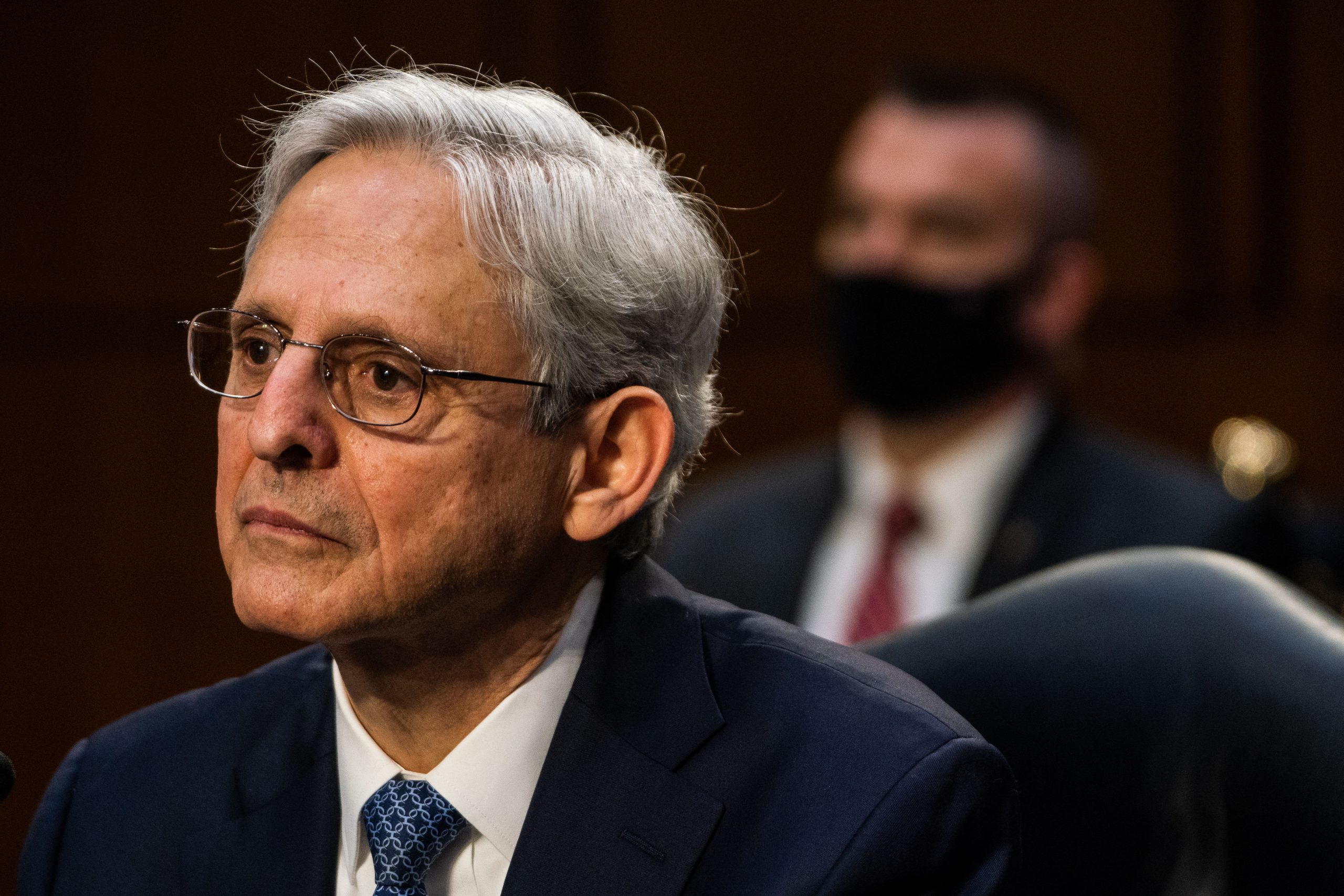The US Senate on Wednesday confirmed Merrick Garland, President Joe Biden’s nomination, as the next attorney general with a strong bipartisan vote, five years after the veteran judge was controversially denied a seat on the Supreme Court by Republicans.
Democrats have praised Garland, as a highly qualified and honourable jurist who is uniquely qualified to lead the department after a tumultuous four years under former President Donald Trump.
Meanwhile, many Republicans praised him as well, saying he has the right record and temperament for the moment. The vote was 70-30.
ALSO READ | Marcia L. Fudge first black women to lead HUD in four decades
Among the 20 Republicans approving the nomination was Senator Mitch McConnell, who in 2016, as the then-Senate majority leader, blocked Democratic president Barack Obama from seating Garland on the nation’s highest court.
Garland, 68, is a respected, moderately liberal judge.
He was a senior official in the Justice Department before being named a judge nearly 24 years ago.
In his confirmation hearing, Garland said fighting domestic extremism would be his “first priority” if confirmed as attorney general.
He is expected to be sworn in at the Justice Department on Thursday.
After supporters of former president Donald Trump stormed the US Capitol on January 6, Garland said far-right extremism today was worse than when he investigated the 1995 bombing of a federal building in Oklahoma City that left 168 dead.
He said there was a direct line between that attack and the assault on Congress by Trump supporters seeking to prevent certification of Biden’s presidential election victory.
Garland also pledged to keep the department free of politics after alleged repeated interference by Trump.
He said an “urgent” task of the department was to ensure equal justice for minorities and people of colour, in an apparent reference to the “Black Lives Matter” movement.
ALSO READ | US House approves the $1.9 trillion COVID Relief bill
Minorities still face discrimination in housing, education and the jobs market, and disproportionately suffer the impacts of the coronavirus pandemic and climate change, Garland told the panel.
“The Civil Rights Act of 1957 created the department’s Civil Rights Division, with the mission ‘to uphold the civil and constitutional rights of all Americans, particularly some of the most vulnerable members of our society,'” Garland said.
“That mission remains urgent because we do not yet have equal justice.”







